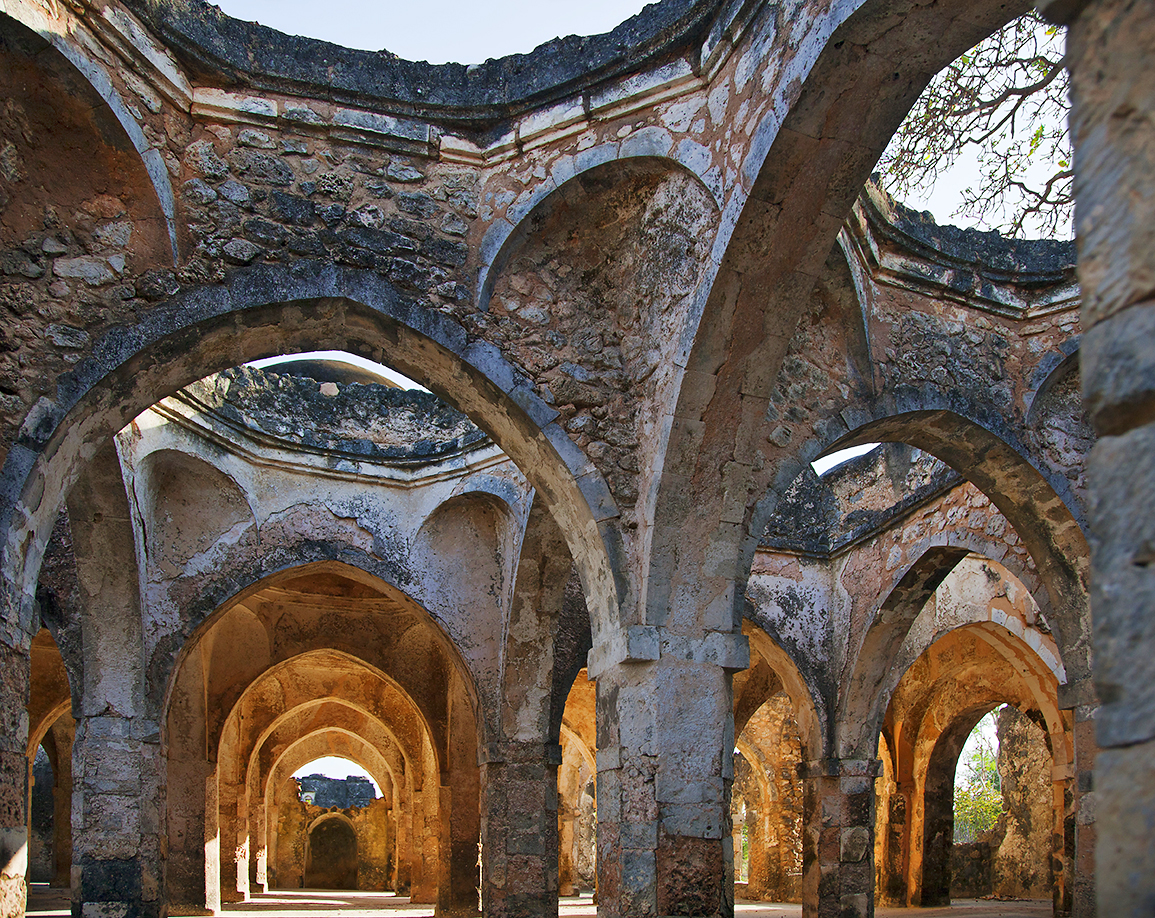Tanzania's Top 11
Ngorongoro Conservation Area
The magic of Ngorongoro starts while you’re up on the rim, with its tangled forest wreathed in mist and sublime views over the enormous crater. From here, descend onto a wide plain cloaked in hues of blue and green and teeming with wildlife. It's easy to imagine primeval Africa, with an almost constant parade of animals streaming past against a quintessential East African backdrop. Surrounding the crater are the magnificent Crater Highlands, home to calderas, forests, open plains and roaming wildlife.
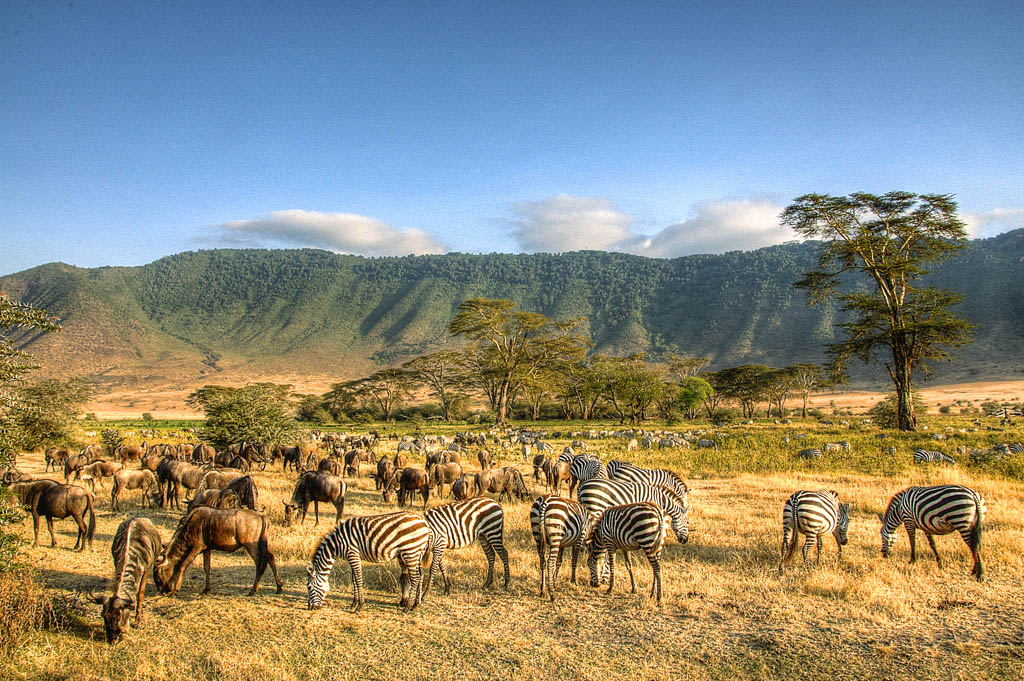
Top Experiences
Serengeti National Park
The sound of pounding hooves on the Serengeti Plains draws closer. Suddenly, thousands of animals stampede by as the great wildebeest migration – one of earth's most impressive natural spectacles – plays out. Despite the drama, time seems to stand still in this superlative park. Lions sit majestically on lofty outcrops, giraffes stride gracefully into the sunset, crocodiles bask on riverbanks. Wildlife watching is outstanding year-round. Whether you stay for two days or a week, it never seems to be long enough to take in all the Serengeti has to offer.
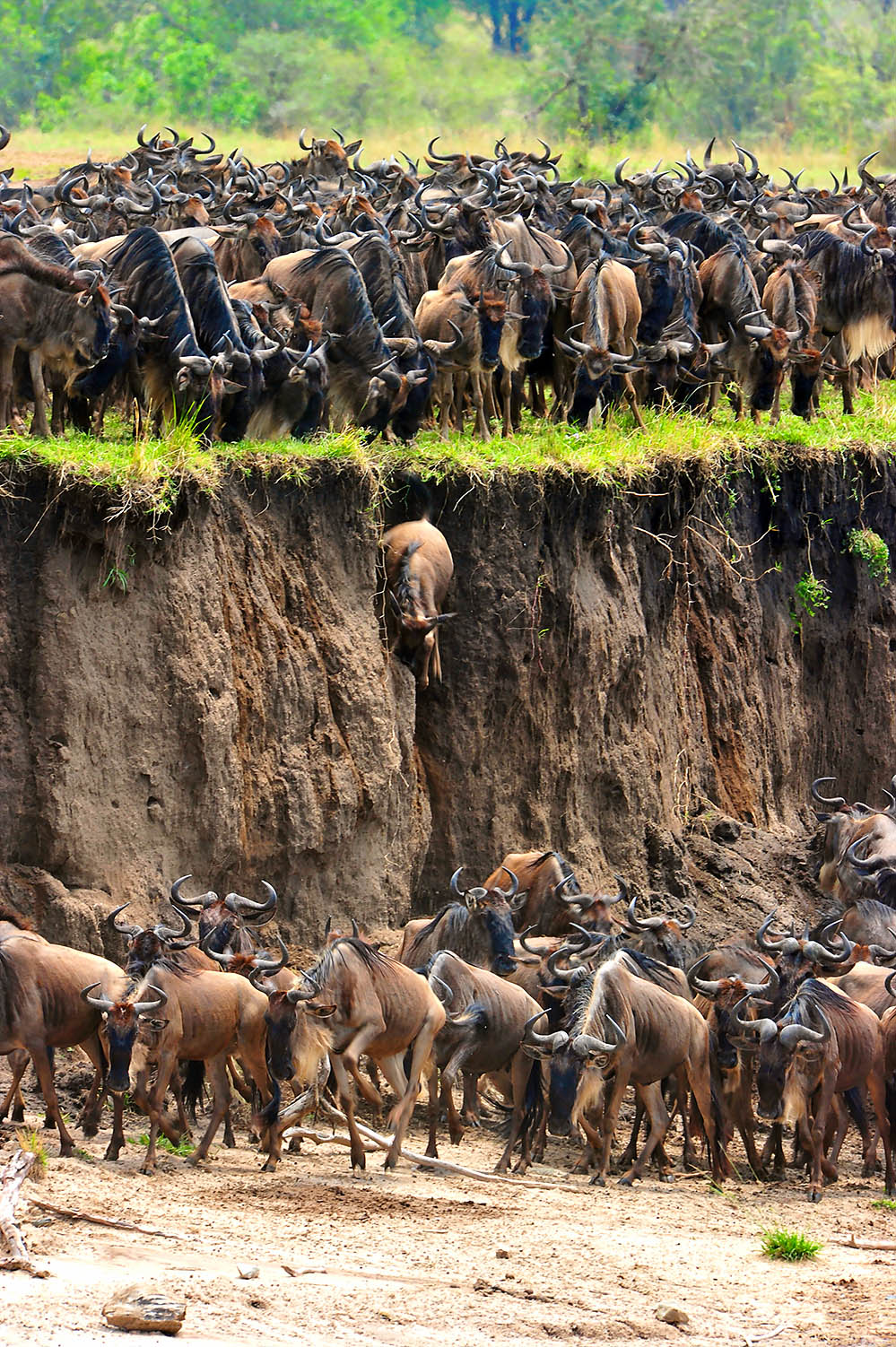
Top Experiences
Zanzibar’s Stone Town
Whether it’s your first visit or your 50th, Stone Town – the historic quarter of Zanzibar Town – never loses its touch of the exotic. First, take in the skyline, with its many minarets, the spires of St Joseph’s Cathedral and the massive Old Fort. Later, wander through narrow alleyways, where surprises are revealed at every turn. Linger in dusty shops scented with cloves, watch as men wearing white, robe-like kanzu play a game of bao, and let island rhythms take over as mainland life slips away.

Top Experiences
Beaches & Diving
With exotic archipelagos and over 1000km of Indian Ocean coastline, you’ll be spoiled for choice with Tanzania’s beaches. Zanzibar Island’s coastline is developed but lovely, with white sand, palm trees and rewarding diving. To get away from the crowds, head to Mafia with its strong Swahili culture and diving. Pemba offers lush greenery, placid coves and challenging dives, while the mainland near Pangani has beaches and ruins. In the far south, between Kilwa Masoko and the Mozambique border, be sure not to miss tiny Mikindani and lively Lindi.
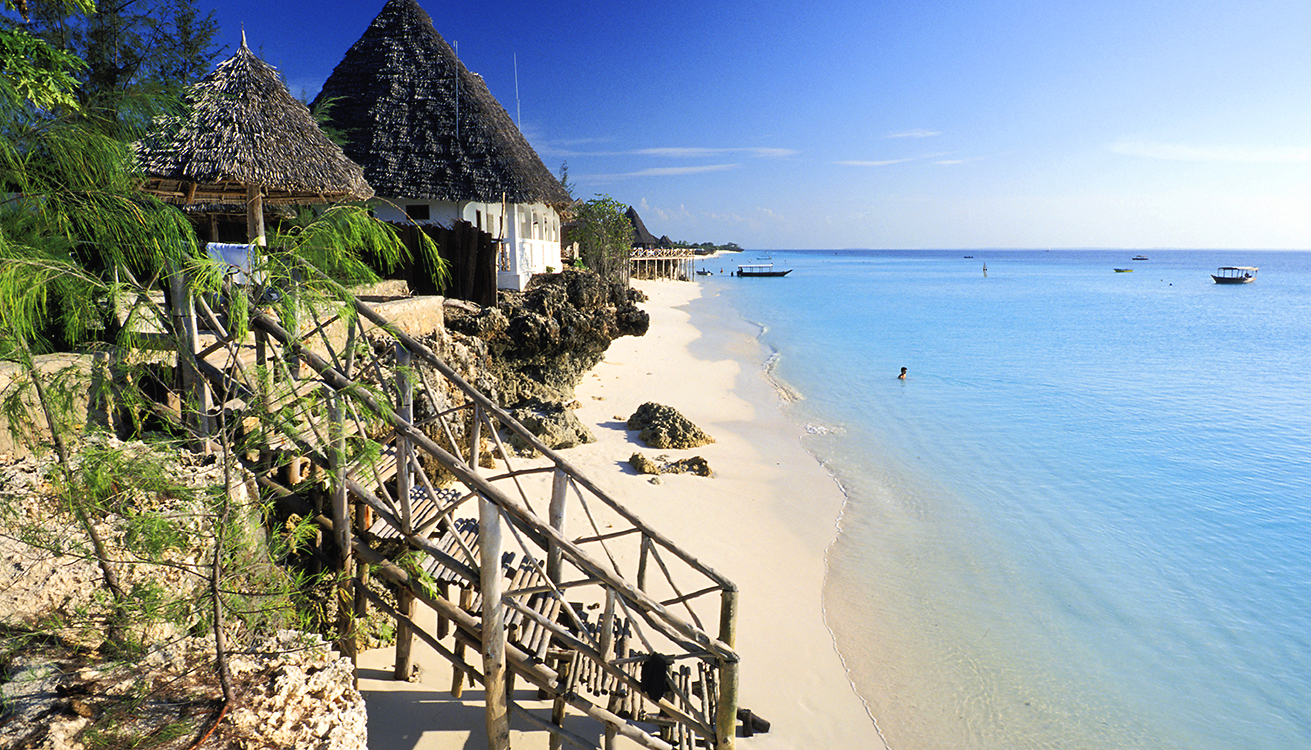
Top Experiences
Local Life
Abundant wildlife, forest-clad mountains, lovely beaches and Swahili ruins are but a backdrop to Tanzania’s most fascinating resource – its people. Tanzanian culture is accessible and diverse: hunt up cultural tourism programs to get acquainted with the Maasai, learn about the burial traditions of the Pare and experience a local market day with the Arusha people. The Usambara area, with its lively markets and hill vistas, is one of many good places to start your explorations. Wherever you go, Tanzania’s rich cultures are fascinating to discover.

Top Experiences
Mt Kilimanjaro
It’s difficult to resist the allure of climbing Africa’s highest peak, with its snow-capped summit and views over the surrounding plains. Thousands of trekkers complete the climb each year, with a main requirement for success being adequate time for acclimatisation. But there are also other rewarding ways to experience Kilimanjaro. Take a day hike or bicycle on the mountain's lush lower slopes, learn about local Chagga culture or sip a sundowner from one of many nearby vantage points with the mountain as a backdrop.
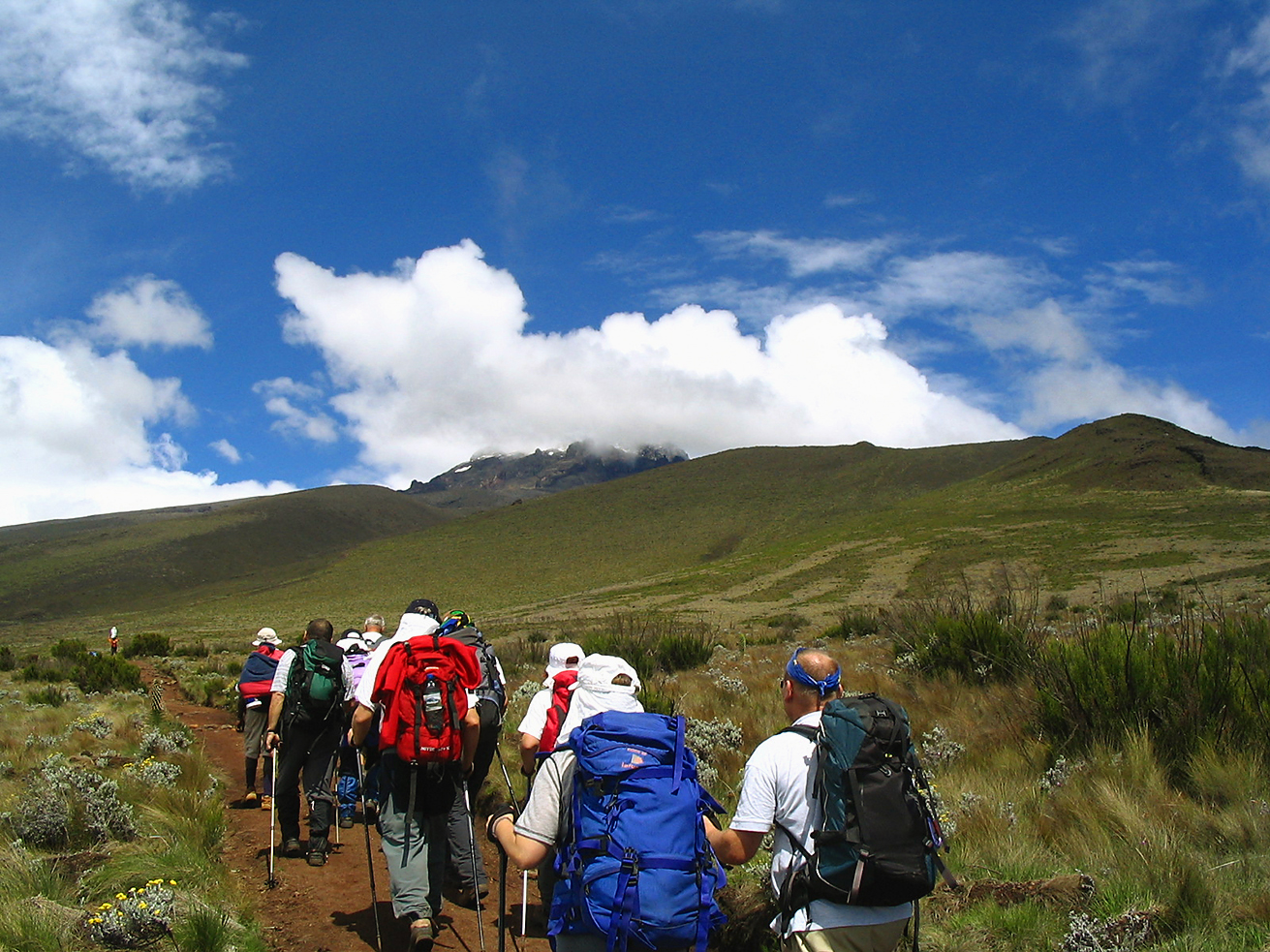
Top Experiences
Chimpanzee Tracking
Climb steep muddy paths, stumble over twisted roots and make your way through dense vegetation – chimpanzee tracking is hard work. But the struggle and sweat is all forgotten once you spot the chimps. Tanzania’s remote western parks – Mahale Mountains and Gombe – are among the best places anywhere to get close to our primate cousins. Combine chimpanzee tracking with a safari in Katavi National Park or an exploration of the Lake Tanganyika shoreline for an unforgettable adventure well off the beaten track.
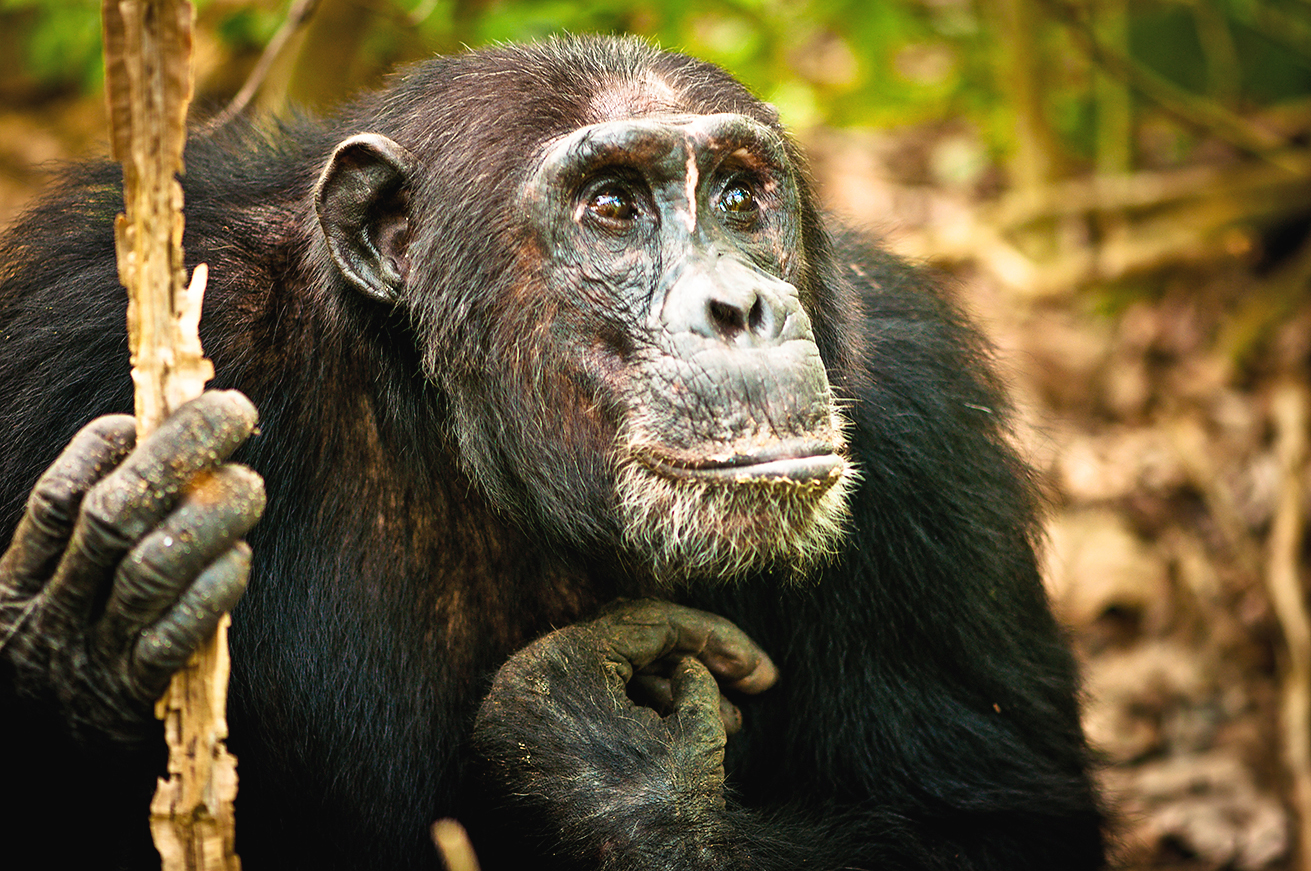
Top Experiences
Selous Game Reserve
Vast Selous, with its tropical climate, profusion of greenery and the massive Rufiji River, is a complete change of pace from Tanzania's northern parks. Take a boat safari, and as you glide past borassus palms, slumbering hippos, cavorting elephants and the stealthy shapes of motionless crocodiles, watch as well for the many smaller attractions along the riverbanks. These include majestic African fish eagles, stately Goliath herons and tiny white-fronted bee-eaters – all part of the daily natural symphony in Africa’s largest wildlife reserve.
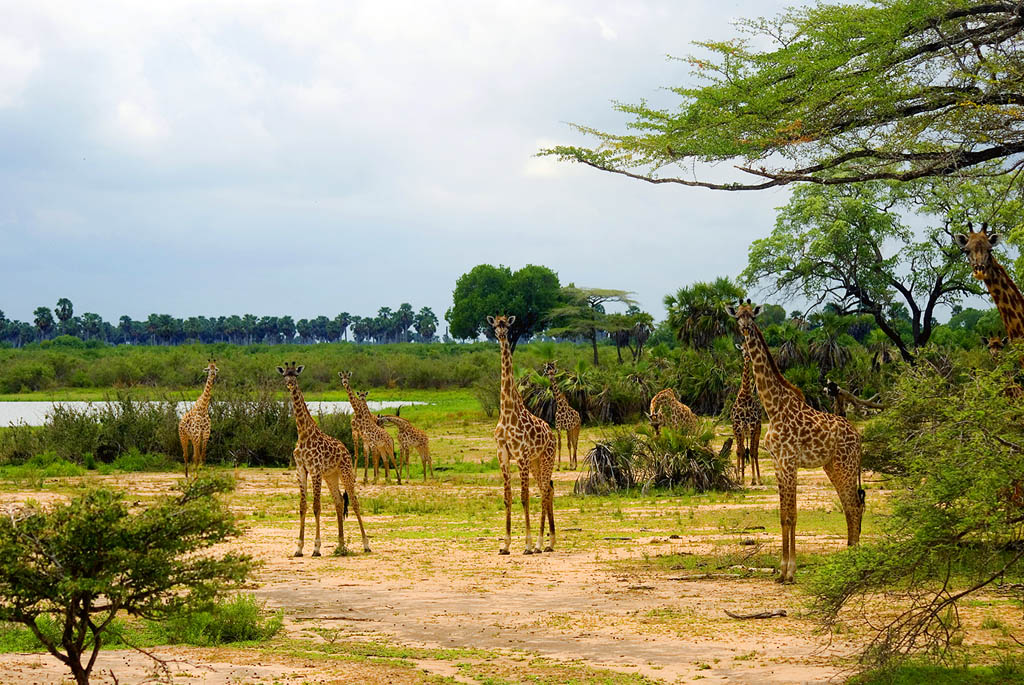
Top Experiences
Ruaha National Park
Rugged, baobab-studded Ruaha National Park, together with surrounding conservation areas, is home to one of Tanzania’s largest elephant populations. An ideal spot to watch for the giant pachyderms is along the Great Ruaha River at sunrise or sundown, when they make their way down to the banks to snack or to swim in the company of hippos, antelopes and over 400 different types of birds. A visit here, together with a journey through the surrounding Southern Highlands, is far removed from the more popular northern circuit and unfailingly rewarding.
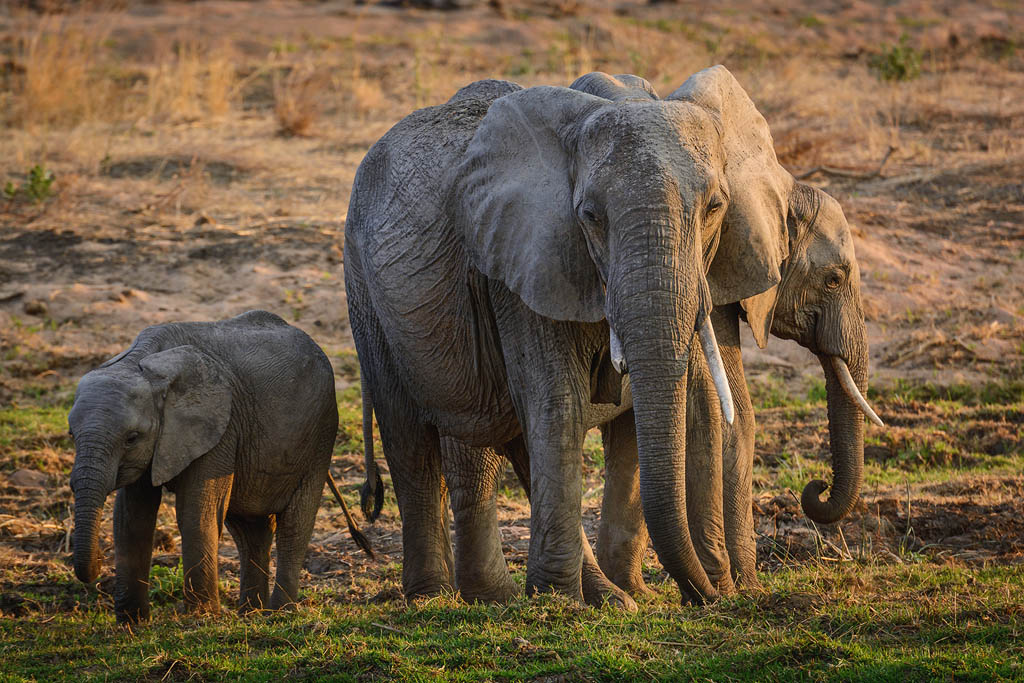
Top Experiences
Lake Victoria
Lake Victoria – Africa's largest lake and the world's second-largest freshwater lake – is well off most Tanzania itineraries, but a delight to explore. Rubondo Island National Park, with its African fish eagles, abundant water birds and tranquility, is a particular highlight. Prosperous Bukoba, near the heartland of the ancient Haya kingdom, is also well worth exploring. Other attractions include: lively Musoma, with its mix of tribes and pretty vistas; bustling Mwanza, the main city on the Tanzanian lakeshore; and the fascinating Bujora museum of Sukuma culture.
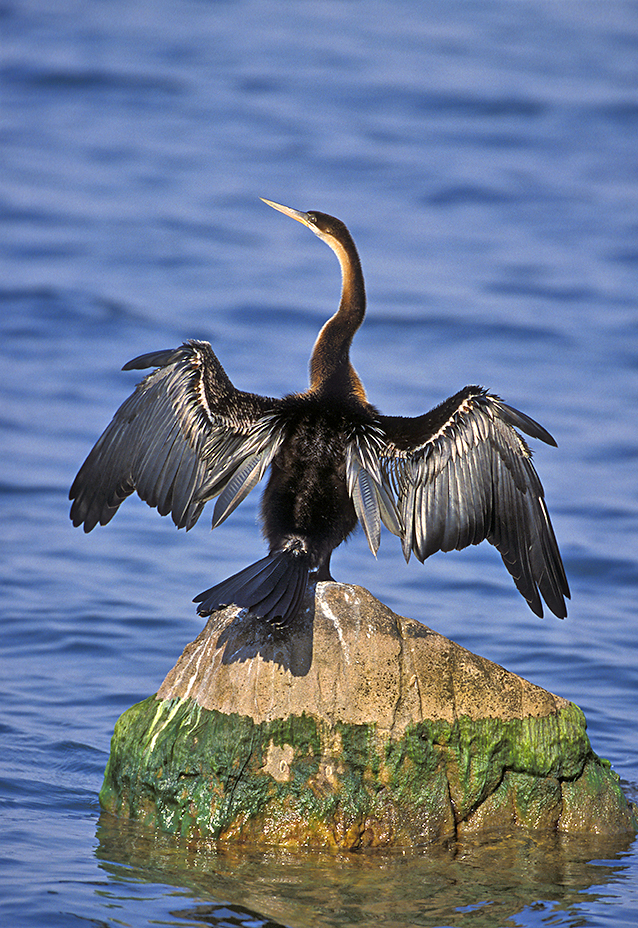
Top Experiences
Ruins & Rock Art
Tanzania offers a wealth of attractions for history buffs. The most impressive of the many coastal ruins are those at Kilwa Kisiwani – a Unesco World Heritage Site harking back to the days of sultans and far-flung trade routes that linked inland gold fields with Persia, India and China. Standing in the restored Great Mosque, you can almost hear the whispers of bygone centuries. Inland, armed with a sense of adventure and a taste for rugged travel, head for the enigmatic Kondoa Rock-Art Sites, spread throughout central Tanzania’s Irangi hills.
